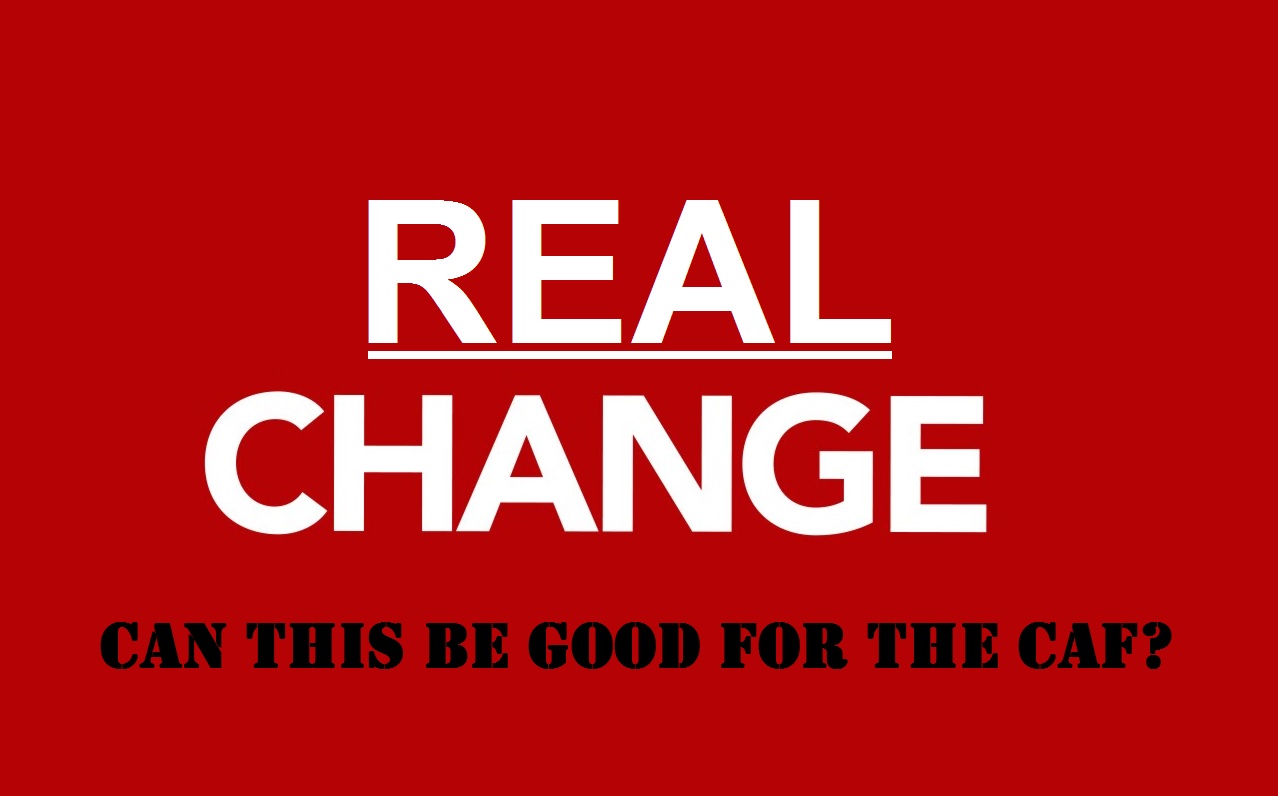Yesterday’s historic victory for Justin Trudeau and the Liberals handed them a comfortable majority in Canada’s Forty-Second Parliament. While the victory was historic for many reasons – the large swing in seats, Trudeau’s youth and dynastic background, the first Liberal victory in Quebec since 1980, and the defeat of an elected incumbent Prime Minister (only the third time in the last thirty-five years) – what may be remembered more is how the incoming Liberal Government will handle the monumental challenges facing Canada.
Domestically, Trudeau provided a clear message throughout the campaign, emphasizing a promise of three-years of stimulus spending. This evidently resonated with the electorate more than Mulcair and Harper’s commitment to a balanced budget. The blueprint for Trudeau’s economic policies are clear and he has the majority needed to implement it. Although it remains to be seen whether he will follow through on his more ambitious promises – such as a commitment to change Canada’s electoral system – there should not be any surprises in Trudeau’s forthcoming domestic agenda.
Where uncertainty lies is in terms of international affairs. Granted, foreign policy routinely plays second fiddle to domestic policy during campaigns, make no mistake that the challenges facing the incoming foreign affairs and security portfolios are immense. Unlike with domestic policy, it is less clear what course the new government will chart. From their ambiguous support for Bill C-51 to maintaining a middle ground between the NDP and Conservatives on the mission against ISIS, the exact positions are still unknown.
The likely foreign policy of the new government cannot be neatly characterized. Though expected to be less hawkish than Harper, Trudeau has stated he would maintain a confrontational approach to Russia – in contrast to positions taken by Liberal foreign policy elder Jean Chrétien. In terms of defence policy, Trudeau has promised to scrap the F-35 program and reinvigorate the Navy’s flailing ship-building program. Though there has not been a firm commitment on whether defence spending itself will rise or fall, Trudeau’s statements for a “leaner, more agile” military makes an increase in the defence budget doubtful. After successive years of budget cuts however, there is little more the Canadian Forces could afford to lose. During this campaign, Canadian defence experts made a strong and articulate case for the need to expand Canada’s military. Already with a commitment to deficit spending, Trudeau has the option to spend where the fiscally-conscious Conservatives would not.
Trudeau’s notable inexperience in international affairs should not create immense cause for concern. The incoming Liberal Government includes several MPs with talented backgrounds in security and foreign policy, including, but not limited to: Marc Garneau, Andrew Leslie, Bill Blair, Catherine McKenna and Karen McCrimmon. If Trudeau’s promise to run a less-centralized Cabinet holds true, there exists the possibility of more technocratic-like government on security and foreign policy. As Prime Minister, Trudeau will be expected to represent Canada on an increasingly volatile world stage. With early commitments to withdrawal from the ISIS campaign and F-35 program unlikely to endear himself to key NATO allies, Trudeau has his work cut out for him and will need to rely on the expertise of his team.
There currently exists an opportunity in Canada’s foreign policy to provide a real change like the one Trudeau campaigned on. However, it will not be an easy task and will require bold leadership. If Trudeau decides to pursue the traditional Liberal Party platitudes of soft power, peacekeeping, and deference to the U.N., this opportunity will be squandered. But if Trudeau takes an active interest in foreign policy and the Canadian Forces going-forward, he has the means to achieve great things. As Canada’s new Prime Minister, this decision to set these priorities will be up to him, and him alone.
